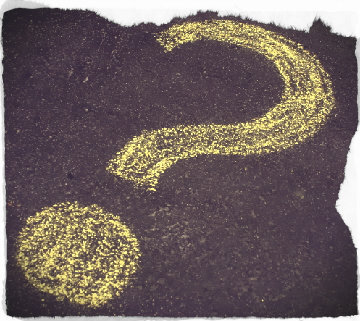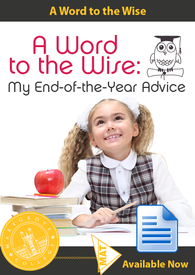 Skilled teachers have the ability to make facilitating a classroom discussion look effortless. But as most of you know, facilitating a lively, but controlled classroom discussion is truly an art form. While most of us understand the value of a good question, we may not necessarily know how to make questions engaging or relevant to our students!
Skilled teachers have the ability to make facilitating a classroom discussion look effortless. But as most of you know, facilitating a lively, but controlled classroom discussion is truly an art form. While most of us understand the value of a good question, we may not necessarily know how to make questions engaging or relevant to our students!
In their book Discussion in Small Groups, David Potter and Martin Andersen offer some helpful tips that should not only help you become a better facilitator, but teach you to ask thought-provoking questions.
Asking Better Questions: 10 Ways to Improve Classroom Discussions
To draw out a silent member:
- “Does anyone else care to comment on this topic?”
- “John, I know you have some experience with ________. Does your experience give you any insight into this issue?”
To suggest the need for sharing personal experiences:
- “Does anyone know of times when this has worked?”
- “Since I want to call on each of you later, will you think about your own experiences on the matter?”
To call attention to points that have not yet been discussed:
- “Does anyone have any information on the student protests at Columbia?”
- “What has been your thinking on this point?”
To keep the discussion focused on the subject:
- “That’s interesting—but can you try to connect that thought to the issue being discussed?”
- “I must have missed something you said. Will you please explain the connection between your suggestion and the point we’ve been discussing?”
To use conflict constructively:
- “Since we do not seem to be able to resolve this issue now, could we move on to the next point? Perhaps further discussion will reveal additional information about this.”
To suggest that additional information is needed:
- “Do we have enough information on this issue to accurately draw conclusions?”
- “Do you think it might be wise to select a subcommittee of students to bring back this information to our next session?”
To call attention to the source of information:
- “Where did this information originate?”
- “Since the facts presented seem to be in conflict, perhaps considering their source will help us determine their reliability.”
To test the strength of a particular viewpoint:
- “Is this position held by the majority of our group? May we have a show of hands?”
- “How much importance should we attach to this point?”
- “The newspapers have recently expressed considerable opposition to this point. Do we agree with the media or no?”
To focus attention on issues rather than personalities:
- “Which seems to be more important, the facts in the case or the supporters of the different viewpoints?”
- “Would we make more progress if we confined our discussion only to the subject and to the people involved?”
- “Are we placing too much importance on the source of the information and not enough on the content?”
To focus attention on the need for objectivity:
- “Are personal interests causing us to overlook the general interests of the group?”
- “Would it be best to hold off making a decision until more information is available?”
Photo credit: Virtual EyeSee / Foter / Creative Commons Attribution 2.0 Generic (CC BY 2.0)

© 2026 Created by Steve Hargadon.
Powered by
![]()